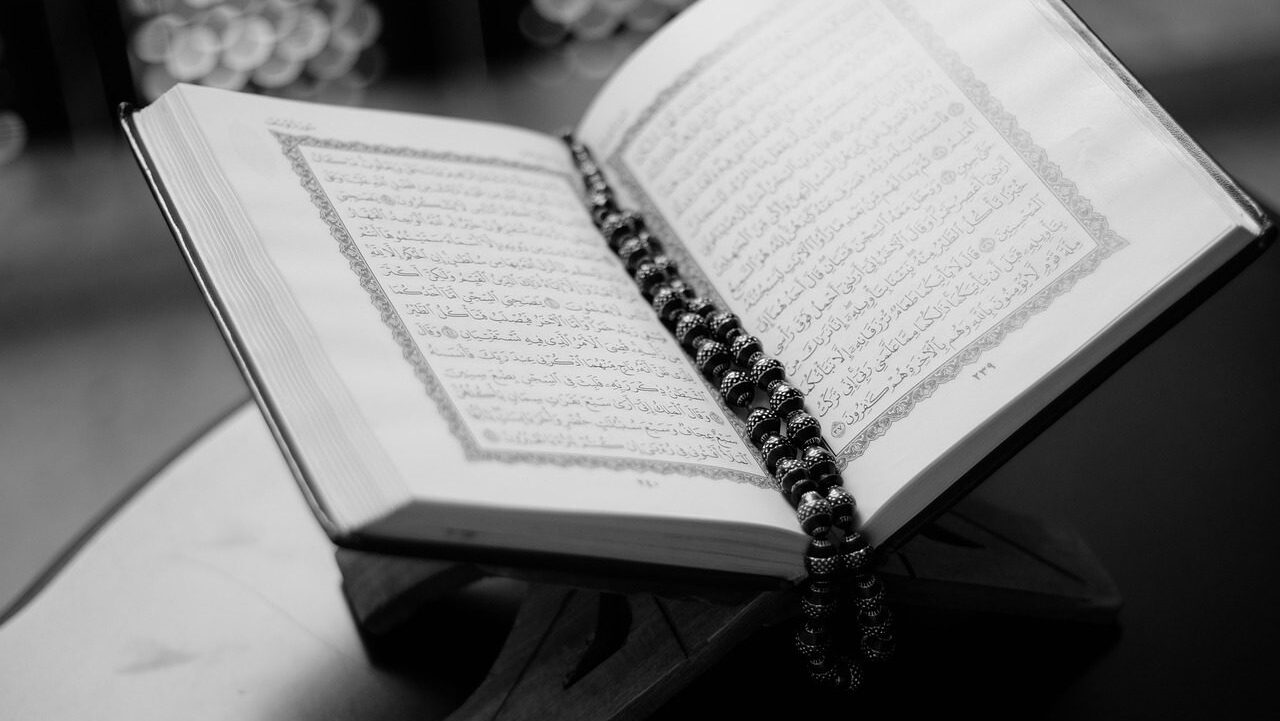
Following their widely criticized rally in Hamburg in late April, where calls for the establishment of a caliphate were overheard and seen, over 2,300 Muslim protesters again gathered in the city last Saturday, German media report.
Organized by the Islamist group Muslim Interaktiv (MI), this latest rally, which most ironically railed against “censorship and opinions being dictated,” was held in the St. Georg district as a sizable police force looked on.
Authorities allowed the protest to be held only under strict conditions. These included bans on incitement of hatred, violence, and the denial of Israel’s right to exist.
Under those rules, participants were also forbidden to call for a caliphate to take over Germany in either word, image, or writing. No such signs were visible in Saturday’s demonstration—instead, they were replaced by white signs with the words “censored” and “banned,” along with black flags without text.
The group—which some experts call an “identitarian youth cult”—is highly active online where it primarily targets the youth. It is monitored by security authorities and classified as extremist for advocating a worldwide caliphate that rejects democracy as enshrined in Germany’s constitution.
The group, founded in 2020, is believed to be affiliated with the Hizb ut-Tahrir (HuT) organization, which was banned in 2003 after promoting violence and the killing of Jewish people. Authorities also believe the group is trading on disaffected Muslim youth’s perception that they face persecution to draw them to its cause.
While Muslim Interaktiv wished otherwise, their rally, almost exclusively composed of men, was not allowed to move through the streets and had to be held at a fixed location. In the rally’s immediate vicinity, a counter-rally protesting Islamism and antisemitism took place.
While authorities had stipulated that there could be no gender segregation among the Muslim crowd, reality proved different, as the few attending women appeared to be banished to the back, fully veiled.
Wieder Demonstration für Steinzeit-Islam in Hamburg: Nur vollverschleierte Frauen getrennt von Männern erlaubt. Gegendemonstration, Aufschrei wegen Verfassungsfeindlichkeit? Fehlanzeige. https://t.co/IguODcSzKF
— Roland Tichy (@RolandTichy) May 12, 2024
When asked questions by German reporter Zara Riffler, one man was eager to voice his support for a caliphate, before being prodded into silence by a fellow protester.
Mit einfachen Fragen konfrontieren wir Demo-Teilnehmer in #Hamburg. Sobald sie beginnen, in unser Mikrofon ihre Meinung einzusprechen, werden sie gestoppt. #MuslimInteraktiv-Islamisten haben die Menschen wie in einer Sekte oder eben wie in einem Mini-Kalifat unter Kontrolle…… pic.twitter.com/AX0f79v6ic
— Zara Riffler (@ZaraRiffler) May 12, 2024
“Islamists have people under control like in a sect or a mini-caliphate..,” she commented in her post on X.
Federal Minister of Justice Marco Buschmann (FDP) in late April reacted to the Hamburg debacle by saying that “anyone who prefers a caliphate to the state of the constitution is free to emigrate.”
Meanwhile, Interior Minister Nancy Faeser is threatening Islamists with the full force of criminal law. “We are using all instruments at our disposal: from intelligence monitoring to intensive investigations,” the Sozialdemokratische Partei Deutschlands (SPD) politician told Frankfurter Allgemeine Zeitung.
Faeser assured those who fantasized over a caliphate at the Hamburg rally in late April had already been marked by authorities. “In our constitutional state, however, we can only ban such groups if the high legal requirements are met,” the Minister explained.
Some German politicians—who are perhaps more in tune with what the average German citizen wants to see done—demand a more immediate, and effective, course of action.
Speaking in a beer tent in Munich the day after the Hamburg demonstration, chairman of the Christlich-Soziale Union (the Bavarian branch of the CDU) Markus Söder called for German citizenship to be taken away from those seeking to establish a caliphate.
